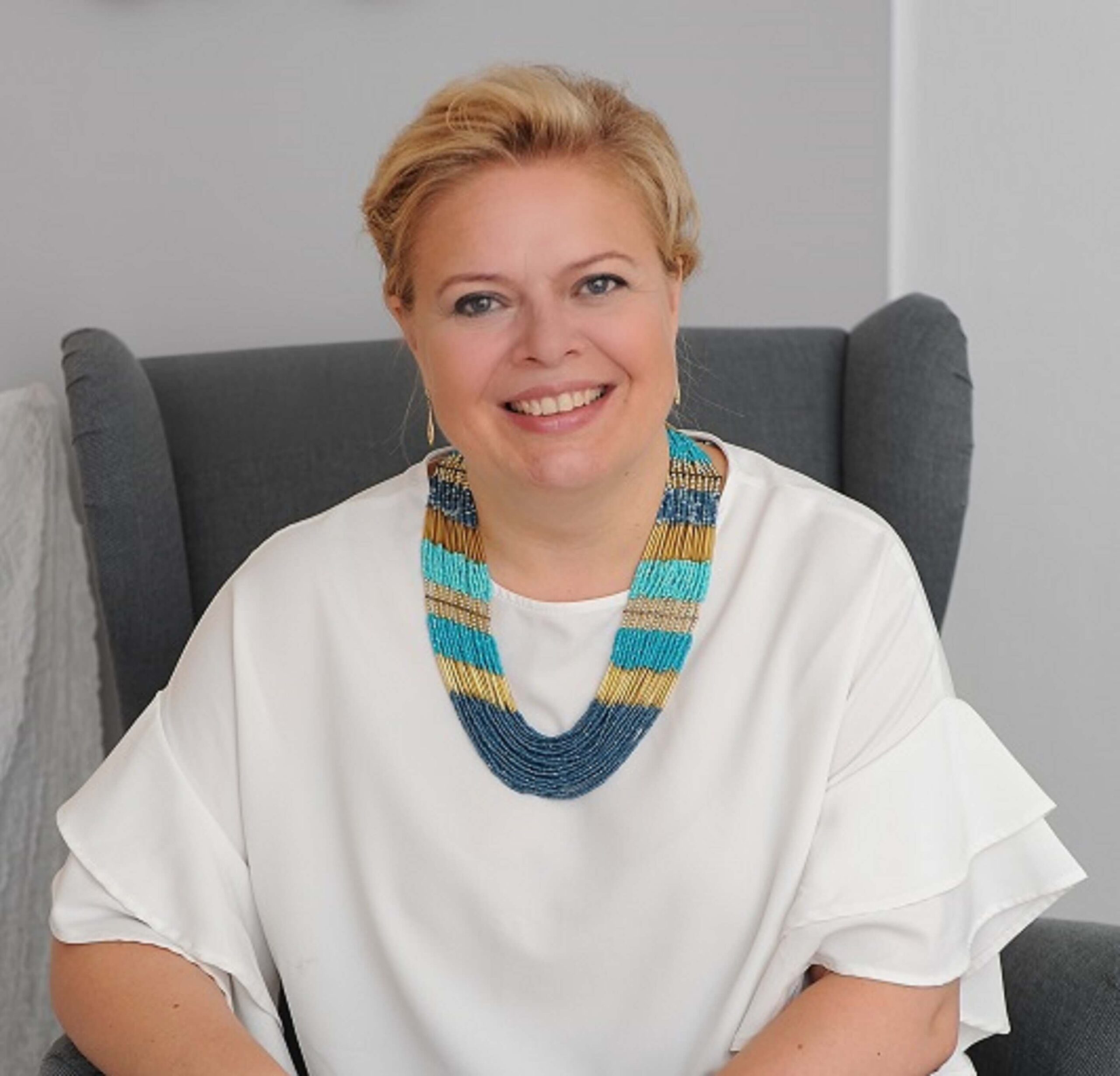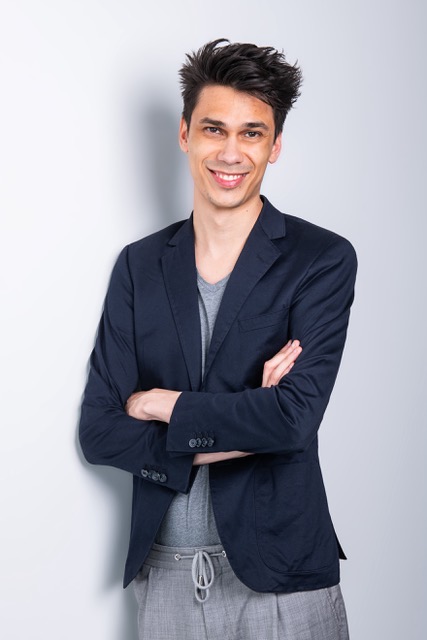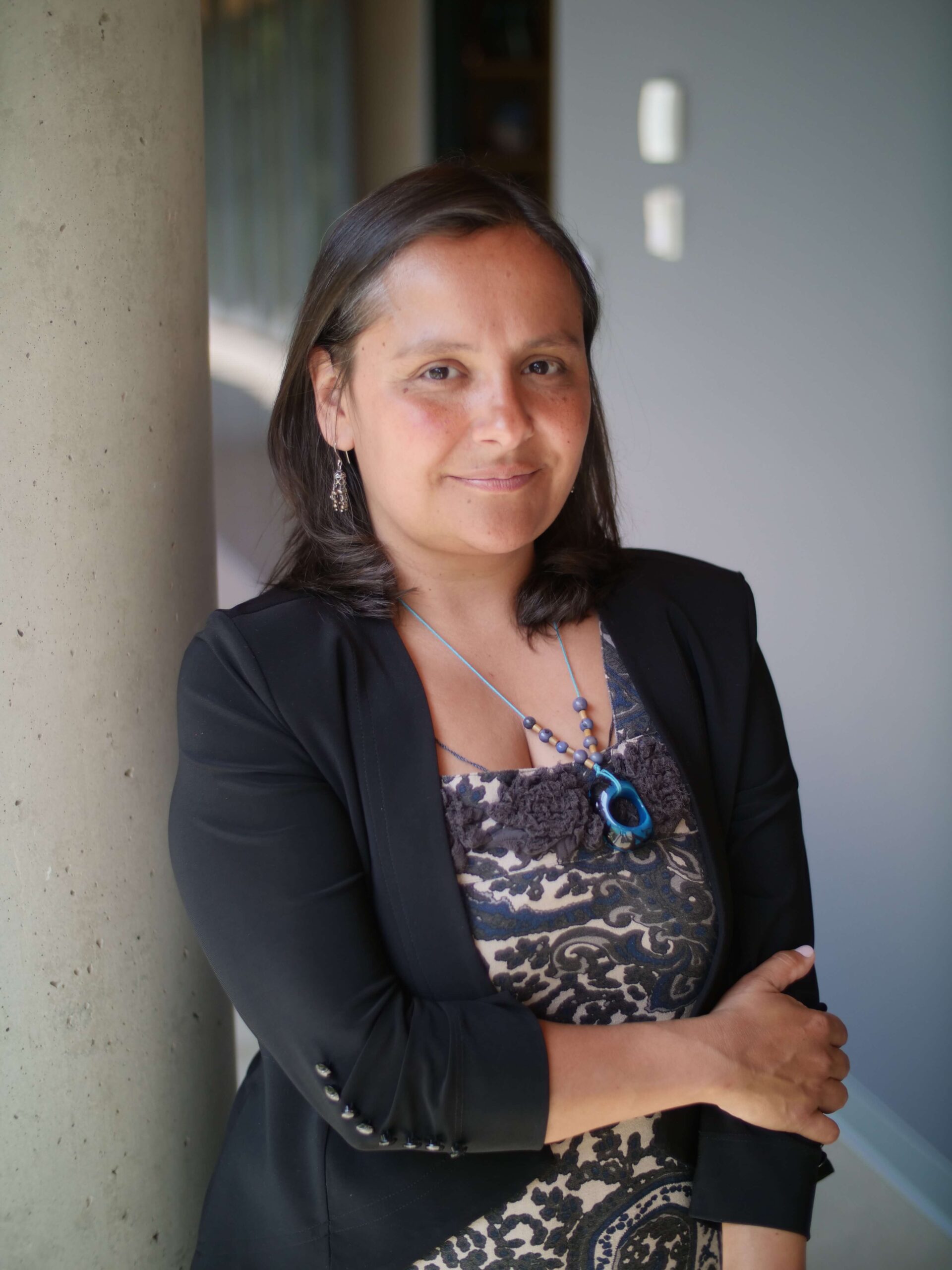ICC 2026 Plenaries
To view the plenary presentation abstracts, click the presentation title below each speaker’s biographical statement.

Intercultural Communication in Action: Exploring Conflict Styles and Fostering Empathy through Virtual Exchange
Abstract
In a world marked by growing polarization and global tensions, the ability to navigate conflict with empathy and intercultural awareness is essential for fostering global citizenship and sustainable communities. In this plenary, Irina Golubeva shares how a virtual exchange project served as a transformative pedagogical space for undergraduate students at a U.S. minority-serving university to critically reflect on their conflict communication styles and empathy.
Grounded in intercultural education and conflict theory, the study combined assessment tools with guided reflective writing, inviting students to engage in a process of discovery through telecollaboration and intercultural dialogue. Participation in the project’s activities challenged students to explore their conflict styles and empathy through embodied, relational, and emotional realities.
Findings from qualitative and quantitative data indicate that participants developed greater self-awareness, intercultural sensitivity, and a strengthened ability to empathize and intervene if someone was treated in an unjust or discriminatory way. This study highlights the transformative potential of intercultural virtual exchange in advancing sustainable intercultural communicative language education.
Irina Golubeva argues that such pedagogical interventions—by providing a safe space for students to engage in critical self-reflection on their lived experiences—help cultivate transformative dispositions: empathy, perspective-taking, and intercultural awareness. These outcomes demonstrate how intercultural virtual exchange can directly support SDG 4.7’s call for global citizenship and education for sustainable development.

Dr. Ricardo Römhild is a teacher educator and scholar in the field of English language education, currently at the University of Münster. His work revolves around language education for global citizenship and sustainability – particularly socio-environmental justice, decoloniality, cosmopolitanism, human rights, and pedagogies of (critical) hope. With a background as a teacher at secondary and tertiary levels in Germany and the USA, these perspectives and questions inform his work both in research and in teaching at university and in teacher workshops. Ricardo has published various articles, books, and edited volumes. Among other projects, he currently works on a monograph with Palgrave Macmillan on Language Pedagogy of Hope (to be published in 2027), the co-edited (with William Gaudelli) Elgar Handbook of Global Citizenship Education, as well as a co-edited volume (with Frauke Matz) on language education for sustainable development.
Building Cultures of Hope: On the Transformative Power of Critical Hope and Eco-cosmopolitanism in Cultural Learning
Abstract
In this time of crisis, ‘education as usual’ does not suffice. Hence, it is time to rethink conventional educational approaches and frameworks. Given the educational task at hand, as specified by SDG 4.7, all education efforts need to be re-evaluated critically – this includes cultural learning in language education.
This presentation envisions language education for sustainable development and global citizenship as pedagogy of hope. In this context, Ricardo Römhild discusses an alternative approach to cultural learning, one informed by eco-cosmopolitanism and critical hope.
He will contextualize language education as an integral, albeit unreferenced, element of SDG 4.7, and connect it to broader forms of liberatory, critical, and transformative education. In particular, he will discuss Freirean critical pedagogy as well as eco-cosmopolitanisms as potentially fertile constructs that can inform guiding principles for language education for sustainability and global citizenship. At the heart of this discussion sits one of the central learning objectives of language education, the ability to participate in global discourses, which will be revisited vis-à-vis the social aims of language education.
Building on these intersections of critical pedagogy, eco-cosmopolitanism, and cultural learning in language education, the presentation will explore the concept of critical hope as a potential way of empowering students to envision better, more just and sustainable futures and thus develop communicative agency rather than paralyze them through fear. He will discuss these concepts and principles in relation to his research as well as his experience as an educator both at secondary schools and at university.
We regret to announce that the presentation by Dr. Andreotti has been cancelled.

When Intercultural Competence Isn’t Enough: Hospicing Modernity and the Limits of Translation
Abstract
As ecological, social, and psychological instabilities intensify globally, intercultural work is increasingly called upon to mediate not just between different cultural perspectives, but between different onto-epistemologies—radically divergent understandings of what a person is, what knowledge is, and how reality works. In this keynote, Vanessa Andreotti invites participants to consider the limits of conventional intercultural frameworks when facing systemic collapse, historical harm, and relational breakdown. What happens when translation fails—not due to linguistic limits, but because the foundational assumptions of one worldview erase, misrecognize, or metabolize another?

